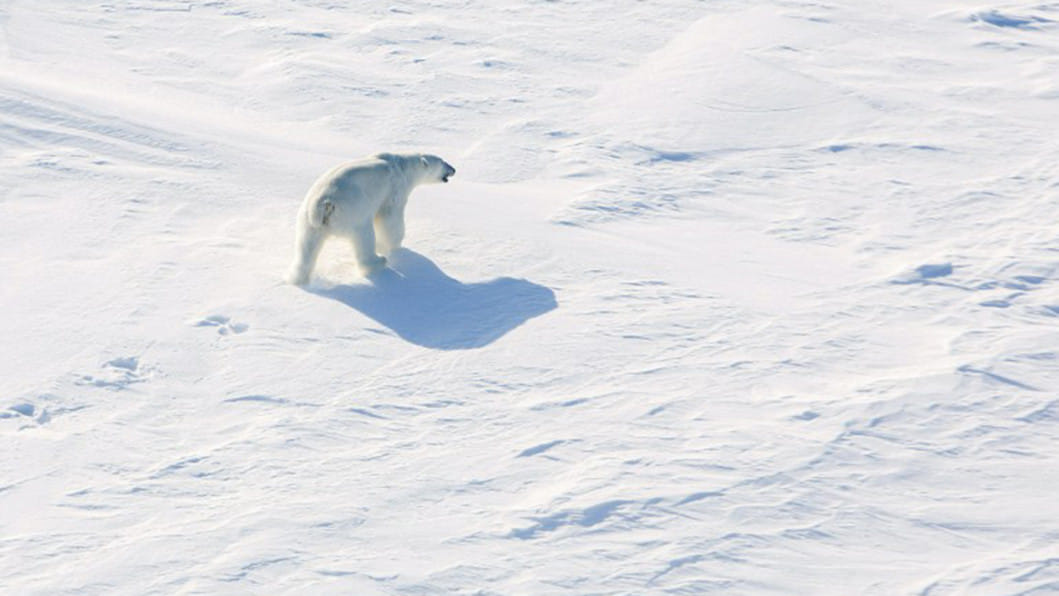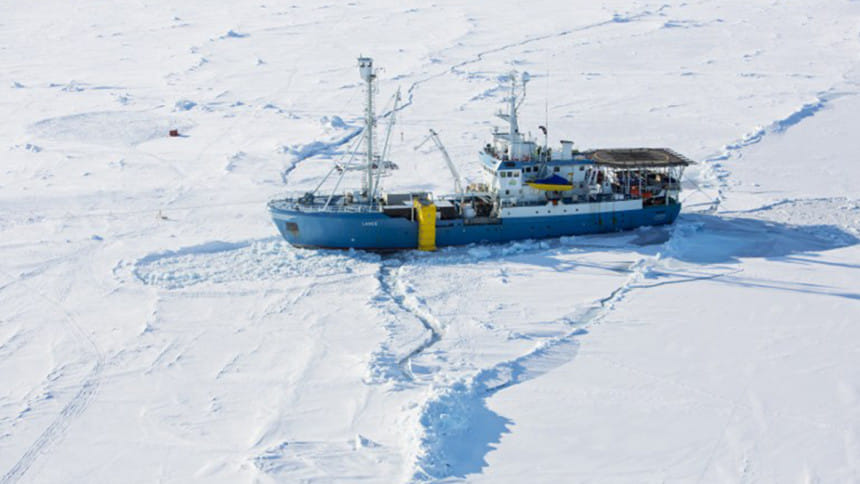Arctic pollution rules 'not enough'

New guidelines have been passed to prevent pollution from ships in polar waters.
The Polar Code, passed at a meeting in London of the International Maritime Organization (IMO), ban ships from releasing oil, sewage, chemicals and waste into the sea.
The measures are set to come into force in 2017.
But environmentalists say the regulations do not go far enough.
WWF said a strong, legally binding Polar Code was particularly urgent in the Arctic, where new sea routes are expected to open up in coming decades.
IMO member states should "honour the original vision of the Polar Code, which saw environmental protection as a priority," said Rod Downie, WWF-UK's Polar Programme Manager.
"That means additional measures to reduce the risk of invasive marine species, more stringent requirements for oil spill response, banning the use and restricting carriage of heavy fuel oil by ships in the Arctic, reducing air emissions and black carbon, and addressing underwater noise," he said.
Ice retreat
The IMO is the United Nations agency with responsibility for the safety and security of shipping and the prevention of marine pollution by ships.

A spokesperson for the IMO said many of the things not specifically addressed in the Polar Code are addressed, or will be addressed, by other measures.
The Arctic is the fastest warming region of the planet.
If the polar ice retreats it could speed up the rise in global temperatures and change the world's weather patterns.
It could also open up a faster route for commercial cargo ships between Europe and Asia, and boost trade in ports in Arctic countries such as Russia, Norway and Canada.

 For all latest news, follow The Daily Star's Google News channel.
For all latest news, follow The Daily Star's Google News channel. 



Comments